
STARTS Prize
-
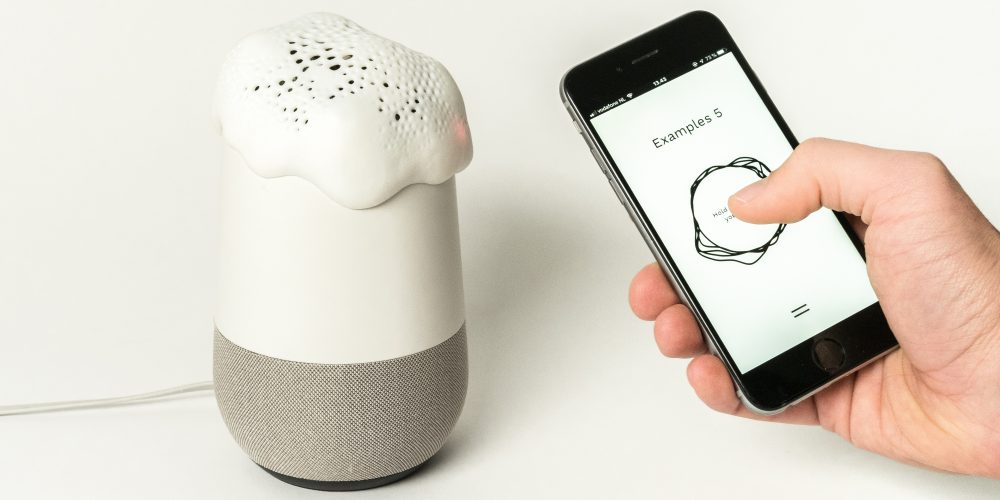
Project Alias: Rediscovering the Private Sphere
With “Project Alias,” Bjørn Karmann and Tore Knudsen of Denmark demonstrated a simple yet effective way to take back control over our own private sphere, which earned them the STARTS Prize of the European Commission. We talked with both of them about privacy, parasitic fungi, and the appropriate narratives.
-
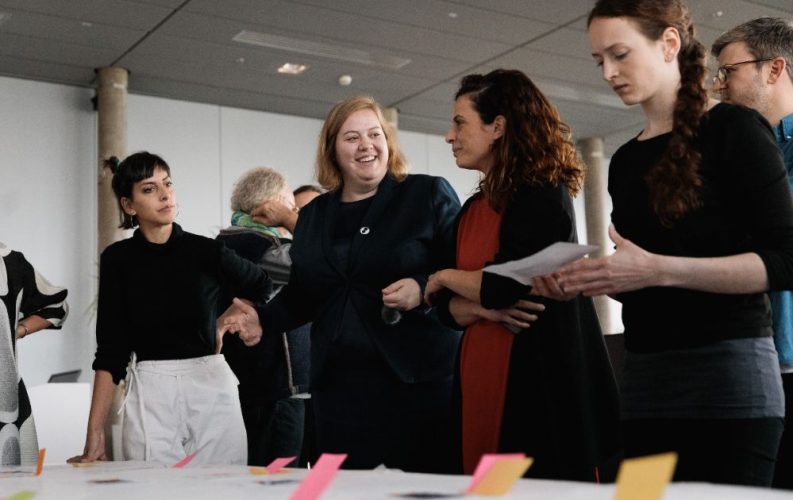
STARTS PRIZE: The Interdisciplinary Future
The decision is made! Winners and Honorary Mentions for the STARTS Prize of the European Commission have been determined. The international jury for this fourth consecutive award spent days discussing, observing, paring down entries and discussing again so the prize could be granted to very special projects in two categories: “Artistic Exploration” honors works where…
-
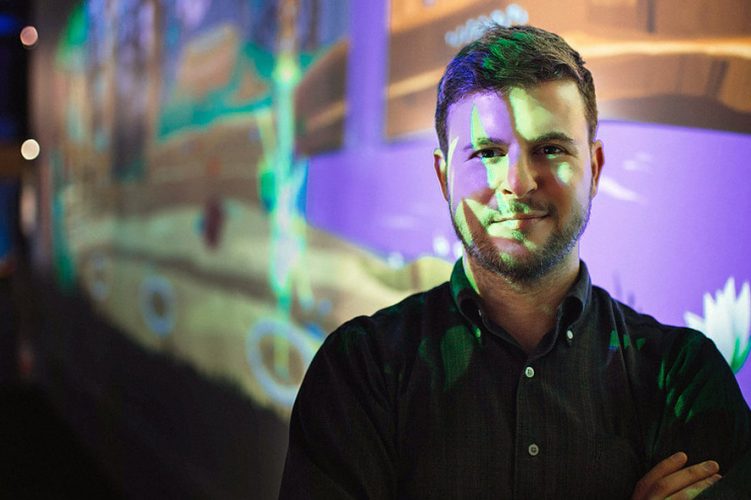
Nadav Hochman: “Involve Artists in the Technology Development Stage”
The submission deadline of the European Commission’s STARTS Prize 2019 is March 11! Nadav Hochman, co-founder of the Tech + Arts Initiative at the Tech Museum of Innovation in Silicon Valley, is one of the jurors of this competition and talks in an interview about the connections between science, technology and art.
-
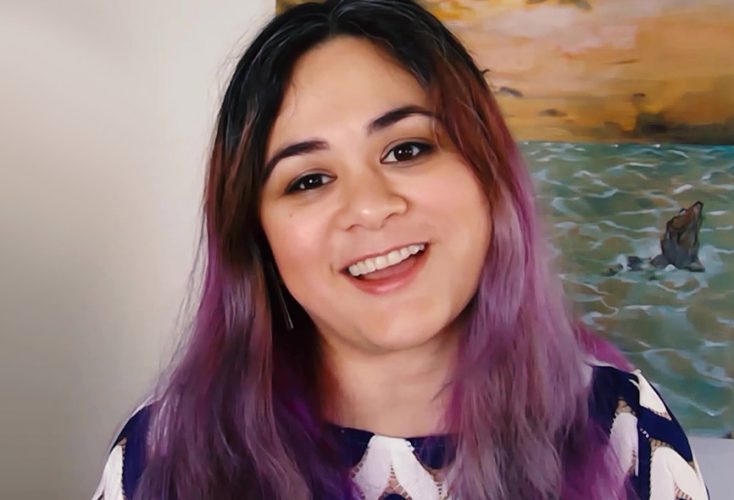
Şerife Wong: “I’d really like to see truly interconnected artists and scientists teams”
Submissions for the European Commission’s STARTS Prize will be accepted until March 11th, 2019. The artist Şerife Wong, one of this year’s jurors, talks about where she sees similarities between science, technology and the arts and explains to us – in her role as an ethics consultant – how we can deal with artificial intelligence…
-
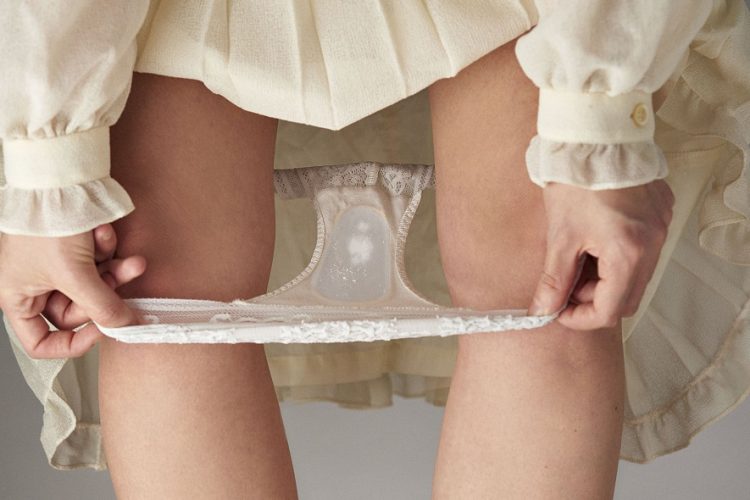
Future Flora: DIY kit for the vaginal flora
This year, designer and biohacker Giulia Tomasello won the STARTS Prize in the category “Artistic Exploration” for her Do-It-Yourself harvesting set for bacteria at home, “Future Flora”. Before the artist comes to the Ars Electronica Festival (September 6 – 10, 2018) to present her work, she has already told us more about it in this…
-
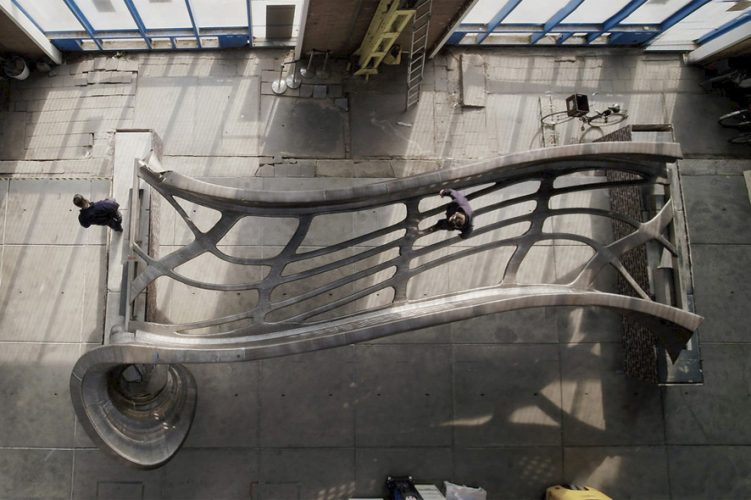
The first 3-D printed steel bridge
By building the world’s first 3-D printed metal bridge, MX3D and the Joris Laarman Lab have provided proof that the MX3D process they have jointly developed makes it possible to create metal objects and structures of any size that are aesthetically pleasing as well as intelligent. They were awarded the STARTS Prize of the European…
-
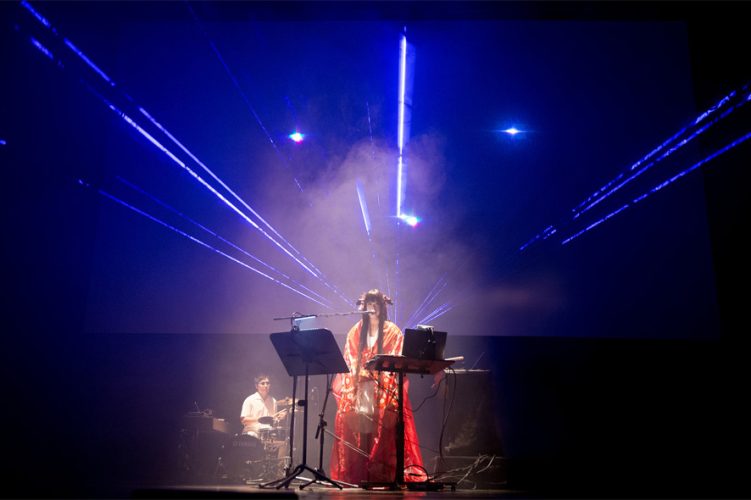
I’m Humanity: Music for Eternity
Her idea for a way to make music live on beyond humankind’s eventual extinction and to use DNA as the medium to transport this information for eternity garnered Japanese musician Etsuko Yakushimaru the 2017 STARTS Prize. In this interview, she explains her concept of “post-humanity music” and gives her take on mutations that randomly occur…
-
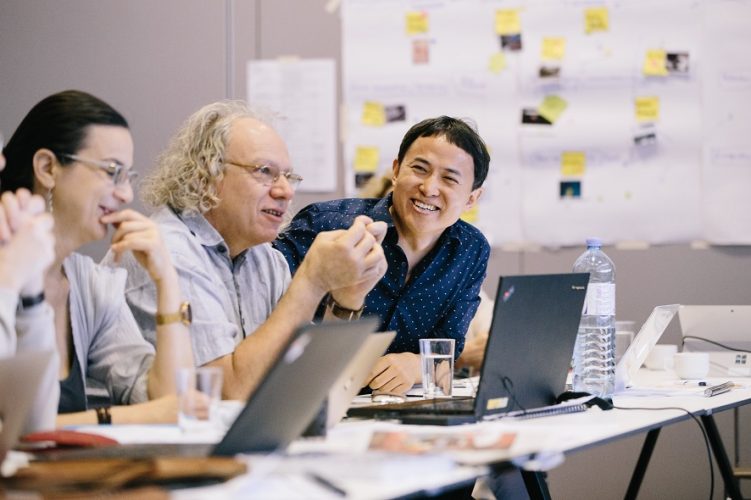
Imparting a Direction to the Future: The 2018 STARTS Prize Jury
The jury made up of international experts charged with selecting the recipients of the 2018 STARTS Prizes awarded by the European Commission recently convened for an entire weekend at the Ars Electronica Center. Their mission: to recognize outstanding work at the interface of science, technology and art. The outcome is still confidential; nevertheless, jurors Francesca…
-
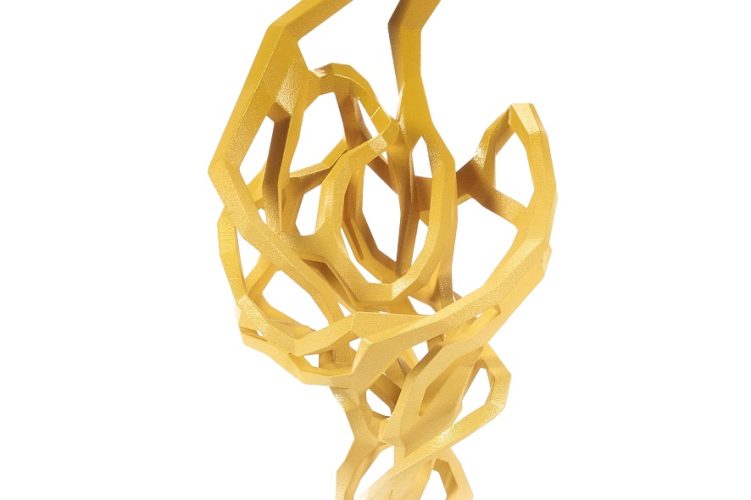
STARTS Prize 2018: Meet the Jurors!
The prominent international experts who make up the 2018 STARTS Prize jury will gather at the Ars Electronica Center on April 23rd. Their task is to select this year’s recipients on behalf of the European Commission. Read thumbnail bios of the individual jurors here.
-

Humanising Autonomy: A Language for Self-Driving Cars
How do we as pedestrians want to communicate with the autonomous autos that will soon be driving around our cities? Now is the best time to give some thought to this question, according to the staff of Humanising Autonomy, a project that was honored with a 2017 STARTS Prize and is now collaborating with, among…
-
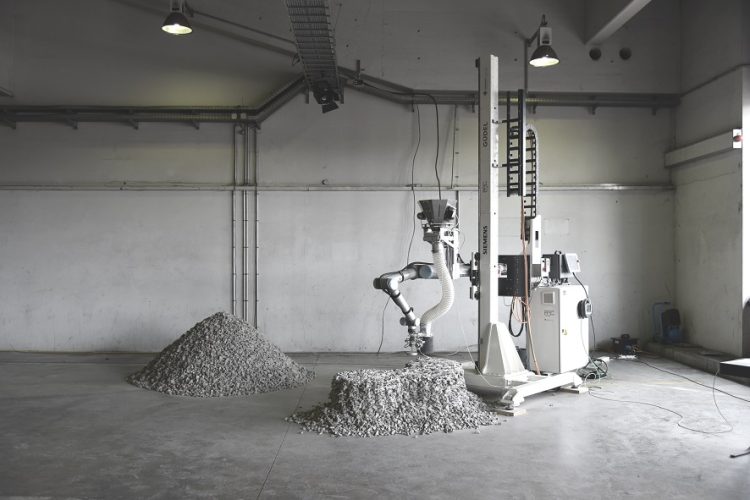
Rock Print: Building with Cable and Pebbles
The idea seems so simple—Rock Print, a STARTS Prize honoree, demonstrates how to build a large structure out of only gravel and wire. But behind the seeming simplicity is the difficulty of implementing the concept in real life. In this interview, Matthias Kohler and Fabio Gramazio of ETH–Swiss Federal Institute of Technology in Zürich tell…
-
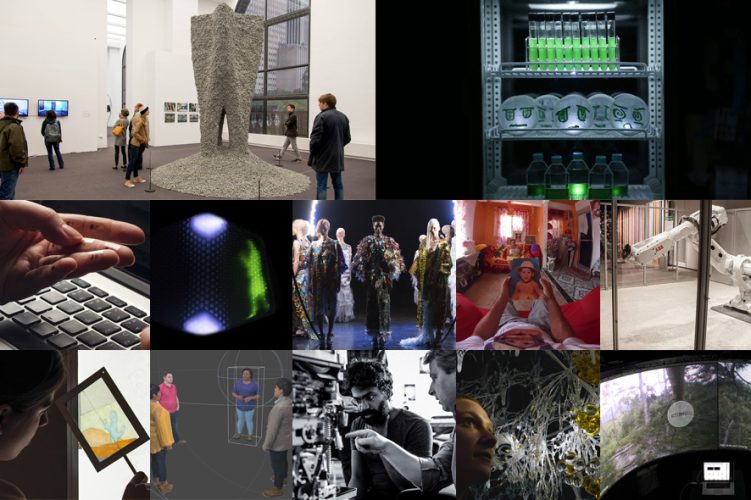
2017 STARTS Prize: Innovative Projects That Cross the Boundaries of Disciplines
Dealing with complex issues calls for marshalling insights and skills from numerous fields, cultures and perspectives. Excellence in accomplishing this is precisely what the European Commission aims to honor with the STARTS Prize. Here, we present 2017’s best projects and what the jury’s statement has to say about them. Many will be featured in a…
-
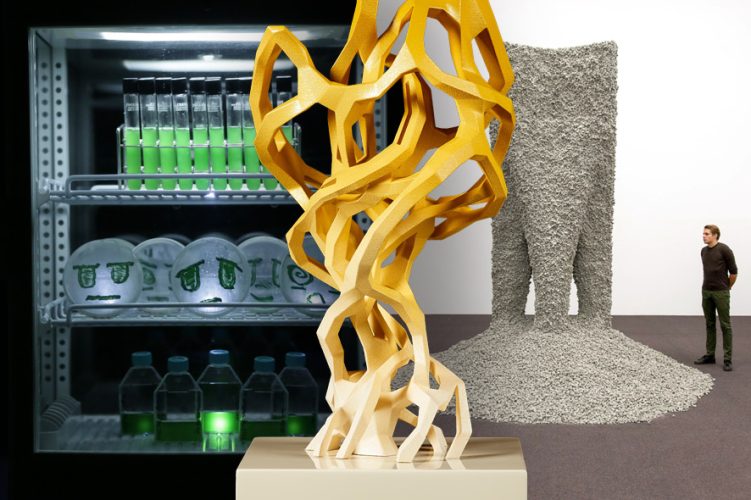
STARTS Prize: The 2017 Prizewinners
This year’s STARTS PRIZE recipients come from Japan and Switzerland. “I’m Humanity” garnered the Grand Prize for Artistic Exploration for Etsuko Yakushimaru; the Grand Prize for Innovative Collaboration goes to Gramazio Kohler Research at ETH–Swiss Federal Institute of Technology in Zurich and the Self-Assembly Lab at MIT for their “Rock Print” installation.
-
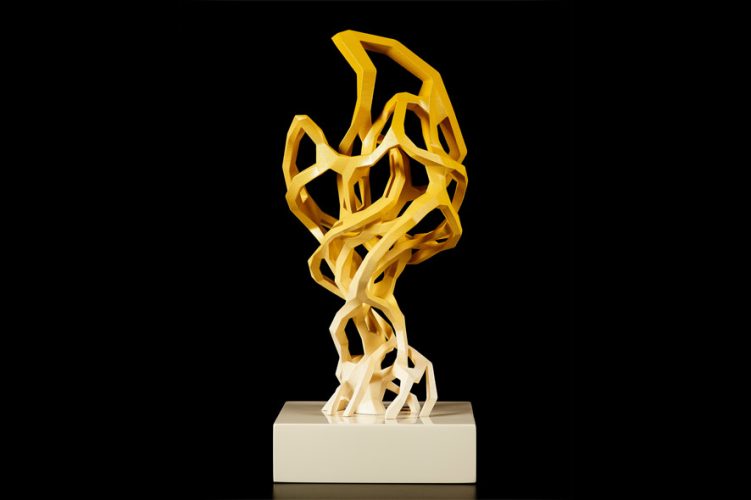
STARTS Prize 2017: When Art Enters Other Spheres
In what ways do science, technology and art overlap? What is innovation? And which technological developments will be successful over the long run? Gerfried Stocker, artistic director of Ars Electronica, and Veronika Liebl, STARTS project manager, discussed these topics with us.
-
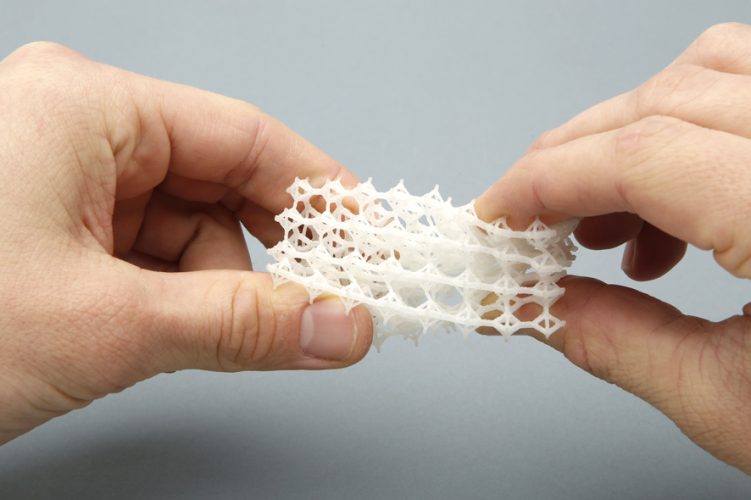
2016 STARTS Prize: Art as Catalyst
The first STARTS Prize competition was conducted by Ars Electronica on behalf of the European Commission this year. The mission: recognizing excellence at the nexus of science, technology and art. Here’s an overview of the winners as well as a few very interesting runners-up and nominees.
-
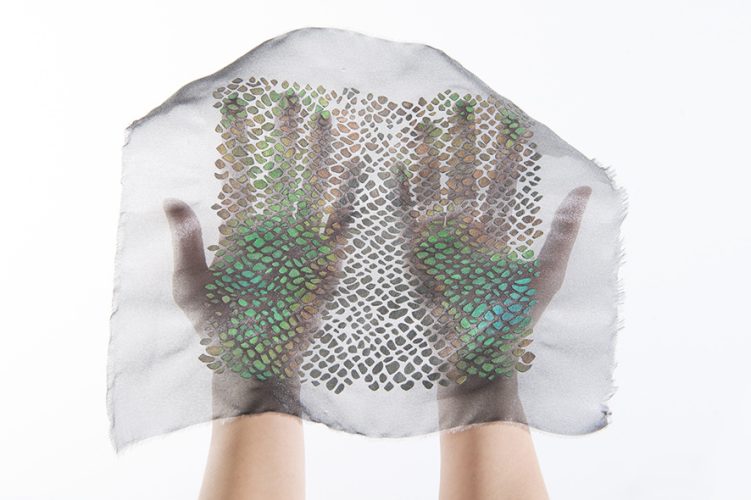
STARTS Prize to “Artificial Skins and Bones”
The Artificial Skins and Bones project seminar conducted by Prof. Mika Satomi and Prof. Wolf Jeschonnek is one of this year’s two recipients of a STARTS Prize awarded by the European Commission. Here’s a briefing on the Berlin Weißensee School of Art and work being done there.
-
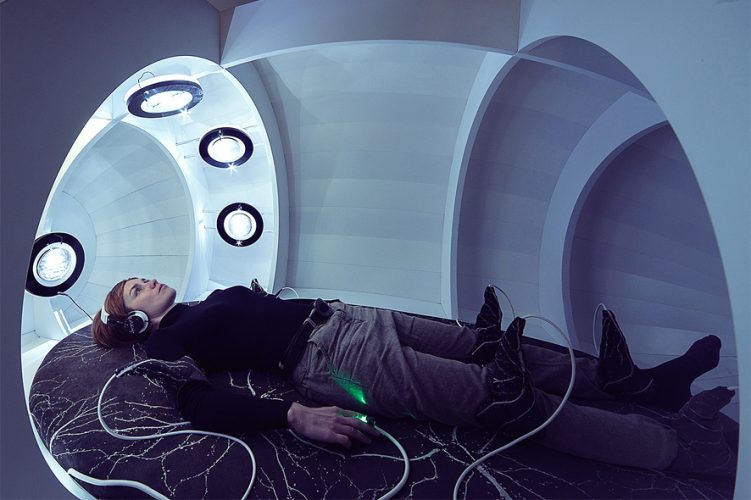
STARTS Prize: New Prospects Are Emerging
Two €20,000 prizes honoring innovative projects at the nexus of science, technology and art! What’s this very generously endowed competition all about, and what’s the European Commission’s take on the increasing digitization of our world? We recently had a chance to chat with the initiator of the STARTS program, Ralph Dum.